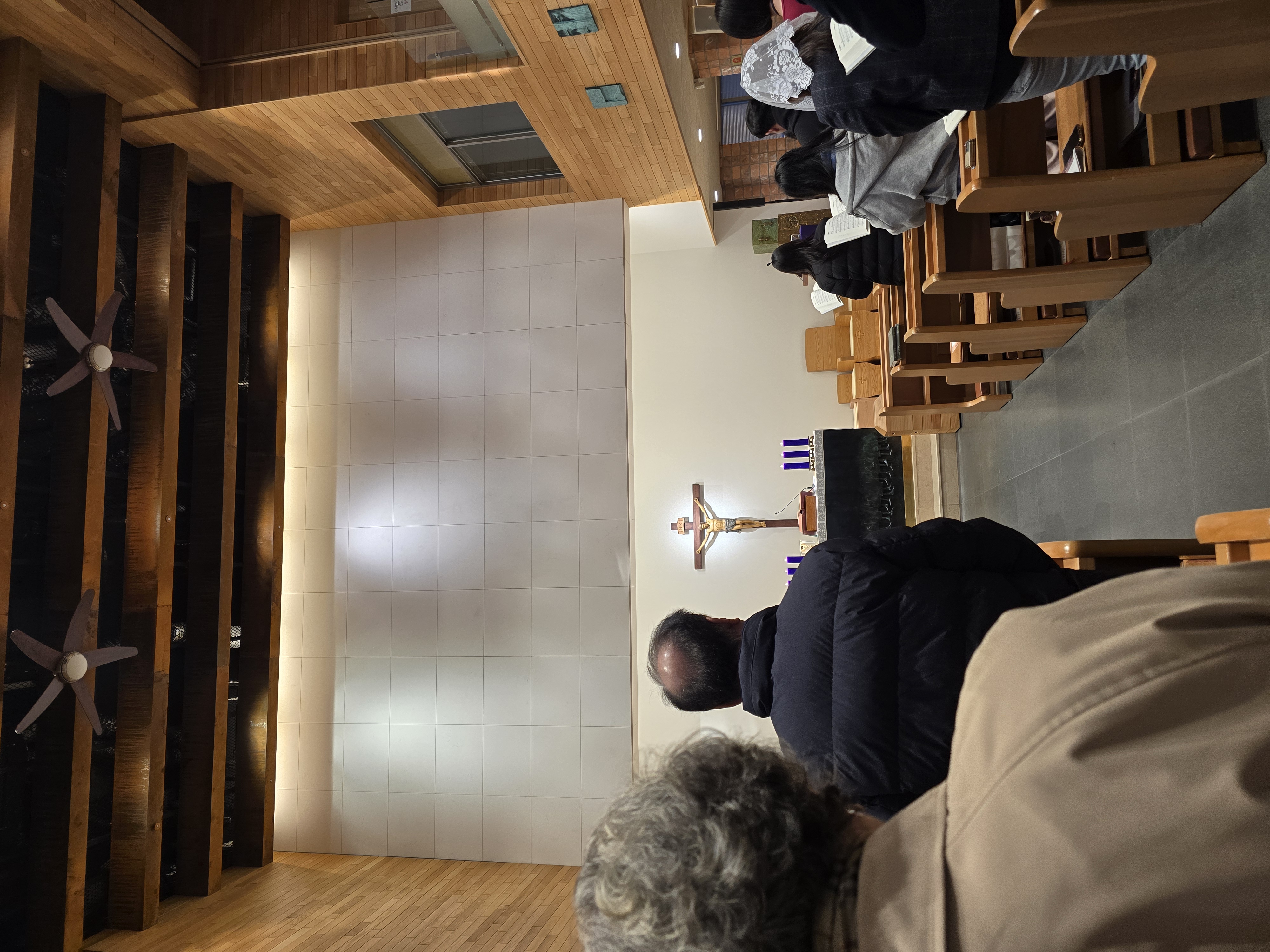자기 성찰: 타인을 이해하는 길
흔히 타인의 행동을 보고 좌절감을 느낄 때, 그것은 단순히 타인의 문제가 아니라 우리 내면의 깊은 어딘가에서 비롯된 것입니다.
타인의 단점을 바로 판단하거나 지적하기보다는, 한 걸음 물러서서 "왜 이 행동이 나를 자극하는 걸까? 그들이 무엇을 바꿔줬으면 하는 걸까? 나도 같은 행동을 보이는 걸까?"라고 자문해 보는 것이 강력한 통찰력을 얻을 수 있습니다.
이러한 과정을 통해 우리는 타인의 행동에서 우리가 싫어하는 바로 그 습관들이 우리 또한 겪고 있는 문제라는 것을 깨닫게 됩니다. 그리고 만약 우리에게도 그런 습관이 있다면, 왜 같은 이유로 다른 사람에게 화를 내야 할까요?
사실 타인을 바꾸려고 노력하는 것은 종종 아무런 결과도 가져오지 못합니다. 하지만 자신을 위해 노력하는 것은 도움이 됩니다. 자신의 행동을 개선하는 데 집중할 때, 우리는 성장이 얼마나 어려운지 직접 경험하게 됩니다. 이는 다른 사람들이 여전히 비난과 상처의 악순환에 빠져 있는 것을 볼 때 인내심과 이해심을 기르게 합니다.
좌절에 빠지기보다는 관점을 바꿉니다. 그들이 겪는 어려움, 즉 우리도 한때 스스로 겪었던 어려움을 이해하게 됩니다. 그리고 그러한 이해를 바탕으로 우리는 평화를 찾고, 다른 사람을 고쳐야겠다는 생각을 버리고 대신 모범을 보입니다.

Self-Reflection: The Path to Understanding Others
Often, when we notice behaviors in others that frustrate us, it's not just about them—it’s a reflection of something deeper within ourselves. Instead of immediately judging or pointing out their flaws, taking a step back to ask, Why does this trigger me? What do I wish they would change? Do I exhibit this same behavior? can lead to powerful insights.
Through this process, we may realize that the very habits we dislike in others are ones we also struggle with. And if we have them, why should we be upset with someone else for the same thing? The truth is, trying to change others often leads nowhere—but working on ourselves does. When we focus on improving our own behaviors, we gain first-hand experience of how difficult growth can be. This, in turn, fosters patience and understanding when we see others still stuck in cycles of blame and hurt.

Rather than engaging in frustration, we shift our perspective. We see their struggle for what it is—something we once battled ourselves. And with that understanding, we find peace, letting go of the need to fix others and instead leading by example.

Bridge of Love and Compassion